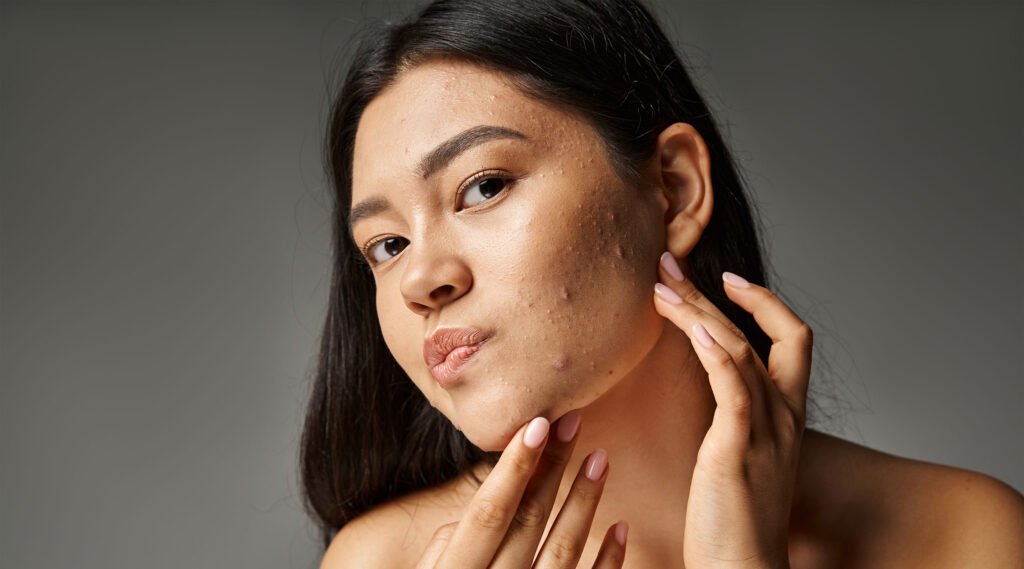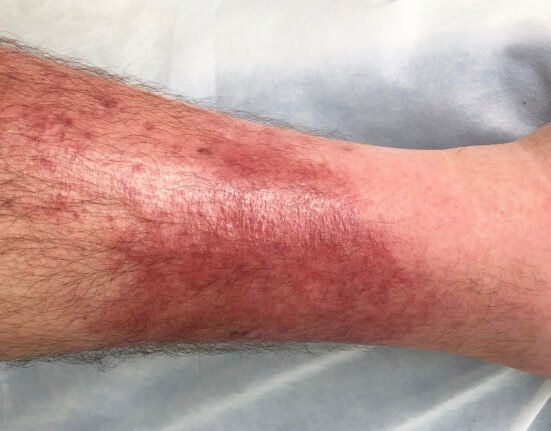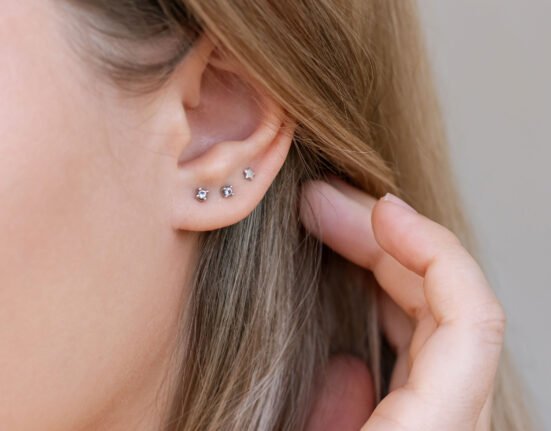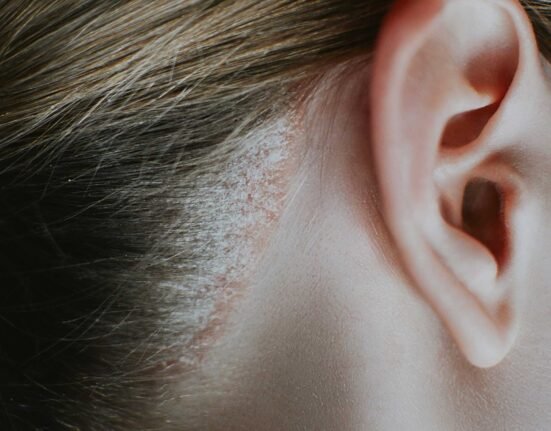Healthy Skin, Healthy Body: What Your Skin Says About Your Overall Health
Healthy skin isn’t just a protective barrier. It’s also a “window” into what’s happening inside your body. Many skin changes, from its color and texture to its moisture level, can reveal valuable clues about your overall health.
For instance, dull and tired-looking skin may indicate dehydration or lack of sleep, while pale skin can be a sign of poor circulation or anemia.
Certain health conditions, such as liver disease, kidney disorders, or hormonal imbalances, can also manifest through visible changes in your skin.
Healthy Skin: Common Signs of Nutrient Deficiency You Shouldn’t Ignore

Malnutrition occurs when there’s an imbalance between the body’s energy and protein needs and actual intake.
The skin often plays a key role in diagnosing nutrient deficiencies.
Healthy skin requires sufficient nutrients to stay supple, hydrated, and radiant. Vitamins and minerals support hydration, boost collagen production, promote cell turnover, and protect against oxidative stress.
When your body lacks certain nutrients, your skin may send warning signs such as:
- Dry or rough skin
- Persistent acne or breakouts without a clear cause
- Pale complexion
- Premature aging, fine lines, and loss of elasticity
- Chronic inflammation, redness, or dermatitis
- Thinning hair, brittle nails, or slow wound healing
Healthy Skin: How Vitamin Deficiencies Affect Your Skin’s Health
Vitamin A
Essential for healthy cell turnover, wound healing, and hydration. Deficiency can cause dry, scaly skin, persistent acne, and hyperkeratosis — rough, bumpy patches on the skin.
Vitamin B Complex (B2, B3, B6, B12)
Vital for maintaining the skin’s protective barrier, hydration, and even tone. Deficiency may lead to redness, dermatitis, flaky or scaly patches, cracked lips, and acne.
For example, a lack of vitamin B12 can cause hyperpigmentation or paleness, while a vitamin B3 (niacin) deficiency may result in inflammation and irritation.
Vitamin C
Crucial for collagen synthesis, antioxidant protection, and wound healing. Deficiency causes dull skin, slow healing, easy bruising, and uneven pigmentation — reducing overall skin radiance.
Vitamin D
Supports cell regeneration and helps reduce inflammation. Low levels can worsen inflammatory conditions such as eczema or psoriasis and increase general skin sensitivity.
Vitamin E
An antioxidant that protects against oxidative stress and maintains hydration. Deficiency can result in chronic dryness, irritation, delayed wound healing, and early signs of aging, such as fine lines and wrinkles.
Healthy Skin: Lifestyle Habits That Help You Glow Naturally

Healthy skin reflects a balanced lifestyle — from diet and sleep to stress management.
Here are some daily habits that can help improve your skin’s appearance and overall health:
- Eat a balanced, nutrient-rich diet. Include vegetables, fruits, nuts, and omega-3-rich fish to maintain your skin’s natural moisture.
- Stay hydrated. Drink at least 2 litres of water per day to support skin hydration and elasticity.
- Get enough sleep. Skin cells regenerate during sleep, so lack of rest can lead to dullness and breakouts.
- Protect your skin from sun exposure. Always use sunscreen, even on cloudy days.
- Manage stress. Chronic stress can trigger acne and worsen conditions like eczema or psoriasis.
By consistently practicing these habits, you’re not only improving your skin’s appearance but also strengthening your body’s overall health from within.
In Essence
Your skin speaks volumes about your internal health. It can signal when your body is dehydrated, nutrient-deficient, or out of balance.
Instead of focusing solely on external skincare, pay attention to your lifestyle and daily nutrition.
Take care of your skin holistically — nourish it from within, get enough rest, and maintain proper hygiene.
If you notice unusual or persistent skin changes, don’t hesitate to consult a doctor to rule out any underlying medical conditions.
References
American Academy of Dermatology. Accessed in 2025. What your skin can tell you about your overall health.
Science Direct. Accessed in 2025. What your skin can tell you about your overall health.
Skintegrative Solutions. Accessed in 2025. Can Your Skin Reveal Nutrient Deficiencies?
Vaccines Work. Accessed in 2025. Your skin is a mirror of your health – here’s what yours might be saying.














Leave feedback about this